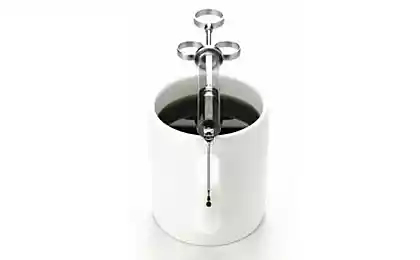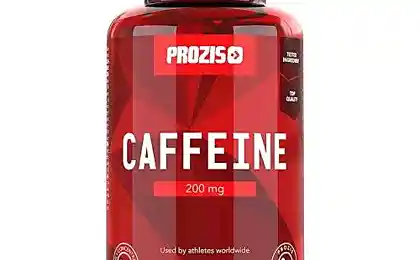183
Influence the caffeine of a serdze
The debate about whether coffee is harmful or useful has not subsided since the day when, according to legend, Ethiopian shepherds discovered the invigorating properties of this wonderful drink.
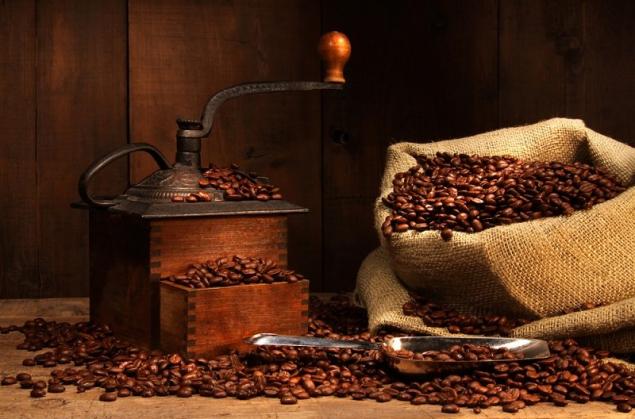
DepositPhotos
It is hard to believe, but in its long history, the most popular drink in the world has repeatedly faced a complete ban. In Mecca, it was banned as stimulating radical thinking, in Italy, as a “bitter product of Satan,” in Prussia, as “soot with water that causes disease.”
In 1764, the women of London wrote a petition to King Charles II, in which they complained that because of the consumption of coffee and sitting in coffee houses, men ceased to perform their marital duties.
To keep the sovereign from closing the local “coffeehouses” could only the prospect of losing treasury revenues from the excise tax on coffee.
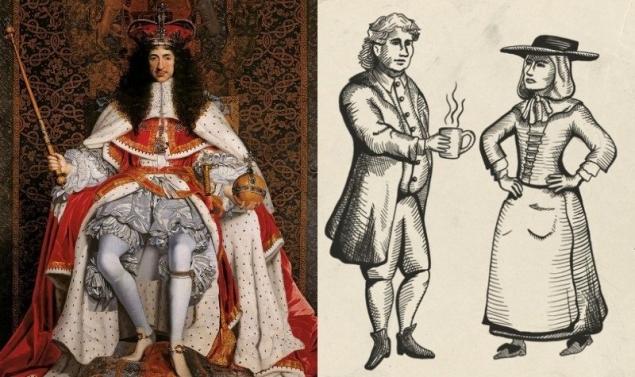
King Gustav III of Sweden was firmly convinced that coffee is a poison that provokes the development of ulcers and other terrible diseases. But as a scientist, he decided to prove his theory in practice.

DepositPhotos Two twins sentenced to death were asked to replace her with life imprisonment, provided that one of them will drink three cups of tea daily, and the second – coffee. The state of the prisoners was closely monitored by two doctors.
However, neither they nor King Gustav were able to obtain evidence of the “harmfulness” of coffee. The brothers survived both the king and their doctors. The one who drank tea died first at the age of 83 and his twin a few years later.
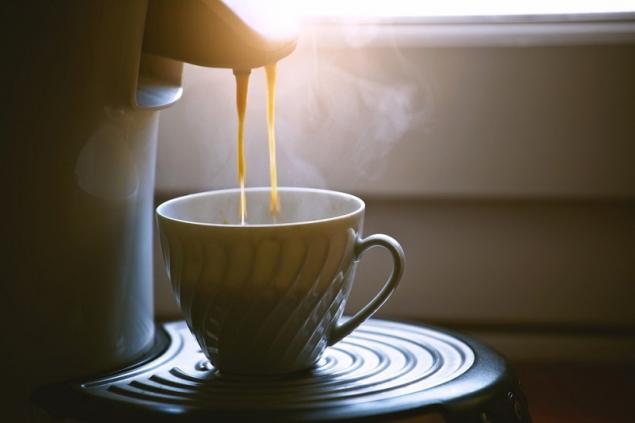
DepositPhotos
So coffee was rehabilitated, and the whole world learned that three cups of fragrant drink a day can be drunk without fear for their health. But this is all about long-forgotten days, and what does the medicine of the XXI century say about coffee?
Millions of people on our planet start their day with a cup of strong coffee. Increase energy levels, drive away drowsiness and tune in to a productive working day, they are helped by the alkaloid caffeine contained in coffee and tea.

DepositPhotos
The number of cups of coffee that can be drunk without harm to health is different for each person. It depends on the genetically determined rate of neutralization by the body of caffeine, the state of the liver and cardiovascular system.
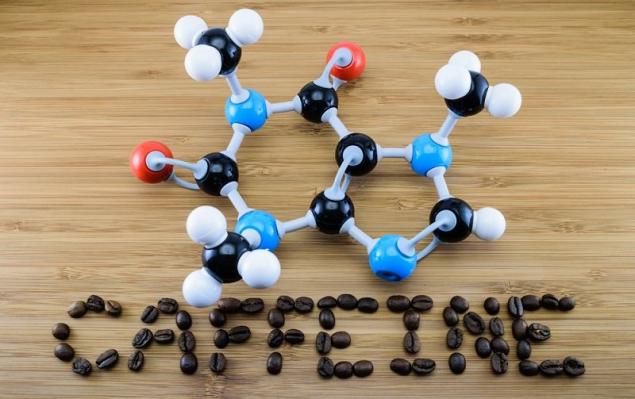
DepositPhotos
Russian doctors recommend consuming no more than 150-300 mg of caffeine per day. This is about two cups of coffee or three instant coffee. In the case of tea, the maximum daily dose is 3-4 cups of black and 4-5 cups of green.
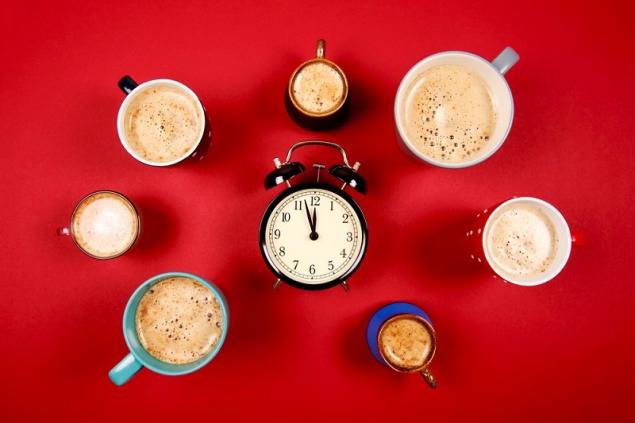
DepositPhotos
In 2011-2013, Harvard University (USA) conducted a large-scale study that revealed that people who drink 1-2 cups of natural coffee daily without additives, reduce the risk of the following diseases.
In addition, it has been proven that moderate consumption of natural coffee accelerates metabolism, increases efficiency, positively affects the digestive system and increases the production of endorphins, happiness hormones.

DepositPhotos
But if coffee is so good for you, then why is there talk of its harmful effects on the heart? Why do some drink lovers say that heartacheDoes the heart palpitate, begins trembling in the hands?
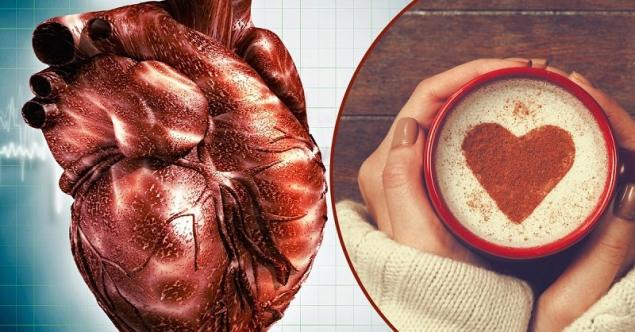
DepositPhotos
This happens primarily because many patients stubbornly ignore the word “moderate” and continue to drink 3-4 cups of drink a day.
In the case of excessive coffee consumption, as well as initial heart disorders and pressure problems, the use of aromatic and tasty coffee can be associated with unpleasant consequences.
What to do in case of an attack of pain? Even a healthy person can feel sudden tachycardia, feel a tingling sensation if he receives a large dose of caffeine. This happens for various reasons: you haven’t drunk coffee for a long time or drank instant coffee, and then drank natural.
Or the body is weakened by stress, lack of sleep, travel and perceives the usual dose of caffeine as excessive. Coffee in combination with nicotine, especially on an empty stomach, sharply narrows blood vessels, and the heart is harder to pump blood through them, which can also cause tingling and pressing sensations in the heart.
In case of an attack of pain, be sure to sit down or take a semi-lying position. Provide fresh air, try to breathe deeply and measuredly.
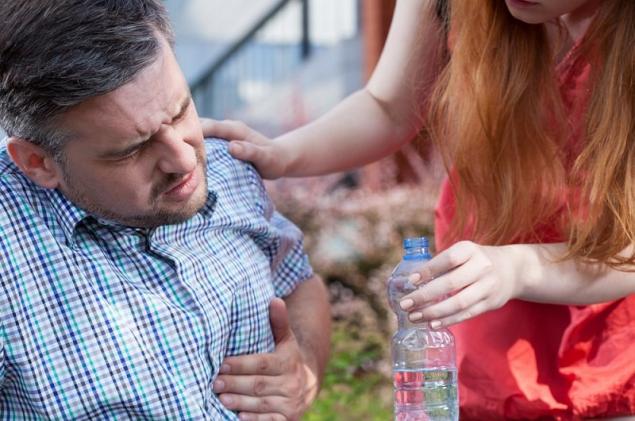
Drink in small sips half a liter of pure still water to reduce the concentration of caffeine in the blood. Usually these attacks last 5-10 minutes, and then you will feel better. If possible, get some sleep.
Sometimes pain in the heart area is given to other diseases, for example, neuralgia, ulcer or gastritis. If the problems are repeated: heartache, heart rhythm is disturbed, nervousness, insomnia and other symptoms are observed - you should immediately consult a doctor.
Caffeine alone does not harm our body. The only question is how much caffeine we drink. We can reduce coffee up to two cups a day or drink less strong.
Probably everyone has heard about blood clots and thrombosis, but not everyone realizes how dangerous they can be. "Site" 10 foods that reduce blood viscosity and thus can save you from a cardiovascular disaster.
Coffee and tea drinking have long been rituals. It is not necessary to unlearn this pleasant habit, but if you replace tea and coffee with herbal drinks, then the habit will become much more useful.

DepositPhotos
It is hard to believe, but in its long history, the most popular drink in the world has repeatedly faced a complete ban. In Mecca, it was banned as stimulating radical thinking, in Italy, as a “bitter product of Satan,” in Prussia, as “soot with water that causes disease.”
In 1764, the women of London wrote a petition to King Charles II, in which they complained that because of the consumption of coffee and sitting in coffee houses, men ceased to perform their marital duties.
To keep the sovereign from closing the local “coffeehouses” could only the prospect of losing treasury revenues from the excise tax on coffee.

King Gustav III of Sweden was firmly convinced that coffee is a poison that provokes the development of ulcers and other terrible diseases. But as a scientist, he decided to prove his theory in practice.

DepositPhotos Two twins sentenced to death were asked to replace her with life imprisonment, provided that one of them will drink three cups of tea daily, and the second – coffee. The state of the prisoners was closely monitored by two doctors.
However, neither they nor King Gustav were able to obtain evidence of the “harmfulness” of coffee. The brothers survived both the king and their doctors. The one who drank tea died first at the age of 83 and his twin a few years later.

DepositPhotos
So coffee was rehabilitated, and the whole world learned that three cups of fragrant drink a day can be drunk without fear for their health. But this is all about long-forgotten days, and what does the medicine of the XXI century say about coffee?
Millions of people on our planet start their day with a cup of strong coffee. Increase energy levels, drive away drowsiness and tune in to a productive working day, they are helped by the alkaloid caffeine contained in coffee and tea.

DepositPhotos
The number of cups of coffee that can be drunk without harm to health is different for each person. It depends on the genetically determined rate of neutralization by the body of caffeine, the state of the liver and cardiovascular system.

DepositPhotos
Russian doctors recommend consuming no more than 150-300 mg of caffeine per day. This is about two cups of coffee or three instant coffee. In the case of tea, the maximum daily dose is 3-4 cups of black and 4-5 cups of green.

DepositPhotos
In 2011-2013, Harvard University (USA) conducted a large-scale study that revealed that people who drink 1-2 cups of natural coffee daily without additives, reduce the risk of the following diseases.
- Heart attacks.
- Strokes.
- Heart attacks.
- Heart failure.
- Cancer.
- Liver cirrhosis.
- Alzheimer's disease.
- Parkinson's disease.
- Type II diabetes.
In addition, it has been proven that moderate consumption of natural coffee accelerates metabolism, increases efficiency, positively affects the digestive system and increases the production of endorphins, happiness hormones.

DepositPhotos
But if coffee is so good for you, then why is there talk of its harmful effects on the heart? Why do some drink lovers say that heartacheDoes the heart palpitate, begins trembling in the hands?

DepositPhotos
This happens primarily because many patients stubbornly ignore the word “moderate” and continue to drink 3-4 cups of drink a day.
In the case of excessive coffee consumption, as well as initial heart disorders and pressure problems, the use of aromatic and tasty coffee can be associated with unpleasant consequences.
- The drink stimulates the nervous system. This can lead to the fact that people with sensitive nerves begin to experience attacks of irritability, anxiety, suffer from insomnia.
- In large doses, caffeine often causes heart palpitations, and in rare cases causes arrhythmia. But for hypotensives, caffeine will be extremely useful: it will help raise the pressure to a normal level.
- As for such common conditions as tachycardia and angina pectoris, it is better to refuse coffee. This drink can only worsen the condition, even if there have been no negative symptoms for a long time.
- Coffee stimulates the release of gastric juice, which in people suffering from gastritis and peptic ulcers can cause a recurrence of the disease.
- The drink causes stagnation of blood in the extremities, which can aggravate the condition with varicose veins.
What to do in case of an attack of pain? Even a healthy person can feel sudden tachycardia, feel a tingling sensation if he receives a large dose of caffeine. This happens for various reasons: you haven’t drunk coffee for a long time or drank instant coffee, and then drank natural.
Or the body is weakened by stress, lack of sleep, travel and perceives the usual dose of caffeine as excessive. Coffee in combination with nicotine, especially on an empty stomach, sharply narrows blood vessels, and the heart is harder to pump blood through them, which can also cause tingling and pressing sensations in the heart.
In case of an attack of pain, be sure to sit down or take a semi-lying position. Provide fresh air, try to breathe deeply and measuredly.

Drink in small sips half a liter of pure still water to reduce the concentration of caffeine in the blood. Usually these attacks last 5-10 minutes, and then you will feel better. If possible, get some sleep.
Sometimes pain in the heart area is given to other diseases, for example, neuralgia, ulcer or gastritis. If the problems are repeated: heartache, heart rhythm is disturbed, nervousness, insomnia and other symptoms are observed - you should immediately consult a doctor.
Caffeine alone does not harm our body. The only question is how much caffeine we drink. We can reduce coffee up to two cups a day or drink less strong.
Probably everyone has heard about blood clots and thrombosis, but not everyone realizes how dangerous they can be. "Site" 10 foods that reduce blood viscosity and thus can save you from a cardiovascular disaster.
Coffee and tea drinking have long been rituals. It is not necessary to unlearn this pleasant habit, but if you replace tea and coffee with herbal drinks, then the habit will become much more useful.

